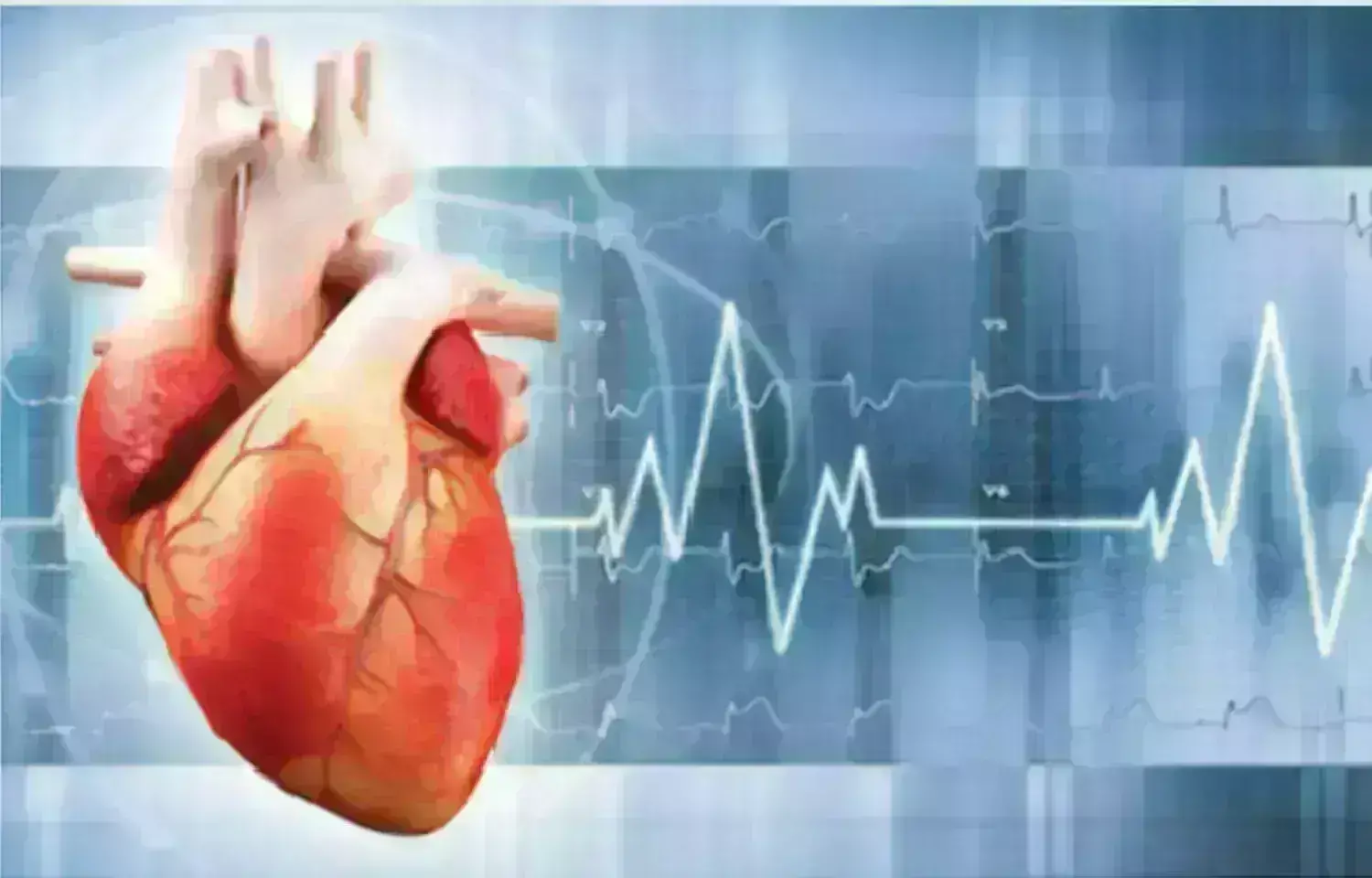- Home
- Medical news & Guidelines
- Anesthesiology
- Cardiology and CTVS
- Critical Care
- Dentistry
- Dermatology
- Diabetes and Endocrinology
- ENT
- Gastroenterology
- Medicine
- Nephrology
- Neurology
- Obstretics-Gynaecology
- Oncology
- Ophthalmology
- Orthopaedics
- Pediatrics-Neonatology
- Psychiatry
- Pulmonology
- Radiology
- Surgery
- Urology
- Laboratory Medicine
- Diet
- Nursing
- Paramedical
- Physiotherapy
- Health news
- Fact Check
- Bone Health Fact Check
- Brain Health Fact Check
- Cancer Related Fact Check
- Child Care Fact Check
- Dental and oral health fact check
- Diabetes and metabolic health fact check
- Diet and Nutrition Fact Check
- Eye and ENT Care Fact Check
- Fitness fact check
- Gut health fact check
- Heart health fact check
- Kidney health fact check
- Medical education fact check
- Men's health fact check
- Respiratory fact check
- Skin and hair care fact check
- Vaccine and Immunization fact check
- Women's health fact check
- AYUSH
- State News
- Andaman and Nicobar Islands
- Andhra Pradesh
- Arunachal Pradesh
- Assam
- Bihar
- Chandigarh
- Chattisgarh
- Dadra and Nagar Haveli
- Daman and Diu
- Delhi
- Goa
- Gujarat
- Haryana
- Himachal Pradesh
- Jammu & Kashmir
- Jharkhand
- Karnataka
- Kerala
- Ladakh
- Lakshadweep
- Madhya Pradesh
- Maharashtra
- Manipur
- Meghalaya
- Mizoram
- Nagaland
- Odisha
- Puducherry
- Punjab
- Rajasthan
- Sikkim
- Tamil Nadu
- Telangana
- Tripura
- Uttar Pradesh
- Uttrakhand
- West Bengal
- Medical Education
- Industry
Prevalence of Cardiogenic shock complicating non-ST-segment elevation doubles, reveals study

Cardiogenic shock (CS) complicates 5% to 10% of all acute myocardial infarctions (AMI) and remains the leading cause of death in the contemporary reperfusion era. In an 18-year study, researchers reported that the prevalence of Cardiogenic shock (CS) increased by nearly 2-fold between 2000 and 2017 among the USA population. The study findings were published in the American Heart Journal on February 08, 2022.
Though older studies have discussed the epidemiology of CS complicating non-ST-segment-elevation myocardial infarction (NSTEMI), there is a paucity of data in the contemporary era. With higher comorbidity, advancing age and use of newer mechanical circulatory support (MCS) devices in contemporary practice, there is a crucial need to understand the epidemiology of CS in NSTEMI. Therefore, Dr Saraschandra Vallabhajosyula and his team conducted a study to evaluate the epidemiology and outcomes of non-ST-segment-elevation myocardial infarction-cardiogenic shock (NSTEMI-CS) in the United States.
In this epidemiological study, the researchers identified 7.3 million NSTEMI admissions from National Inpatient Sample (2000-2017) and classified by tertiles of admission year (2000-2005, 2006-2011 and 2012-2017). Among 7.3 million NSTEMI, they noted CS in 189,155 (2.6%). The outcomes assessed were temporal trends of prevalence and in-hospital mortality, use of cardiac procedures, in-hospital mortality, hospitalization costs, and length of stay.
Key findings of the study:
- Upon analysis, the researchers found that NSTEMI-CS increased from 1.5% in 2000 to 3.6% in 2017 (adjusted odds ratio 2.03).
- They noted that the rates of non-cardiac organ failure and cardiac arrest increased during the study period.
- They further found coronary angiography (43.9%-63.9%), early coronary angiography (13.6%-25.6%), percutaneous coronary intervention (14.8%-31.6%), and coronary artery bypass grafting use (19.0%-25.8%) increased between 2000 and 2017.
- Although the use of an intra-aortic balloon pump remained stable (28.6%-28.8%), they observed that both percutaneous left ventricular assist devices (0%-9.1%) and extracorporeal membrane oxygenation (0.1%-1.6%) increased.
- However, they noted that in-hospital mortality decreased from 50.2% in 2000 to 32.3% in 2017 (adjusted odds ratio 0.27).
- They further noted that during the 18-year period, hospital lengths of stay decreased, and hospitalization costs increased.
The authors concluded, "In the United States, the prevalence of CS in NSTEMI has increased 2-fold between 2000 and 2017, while in-hospital mortality has decreased during the study period. Use of coronary angiography and percutaneous coronary intervention increased during the study period."
For further information:
Medical Dialogues Bureau consists of a team of passionate medical/scientific writers, led by doctors and healthcare researchers. Our team efforts to bring you updated and timely news about the important happenings of the medical and healthcare sector. Our editorial team can be reached at editorial@medicaldialogues.in.
Dr Kamal Kant Kohli-MBBS, DTCD- a chest specialist with more than 30 years of practice and a flair for writing clinical articles, Dr Kamal Kant Kohli joined Medical Dialogues as a Chief Editor of Medical News. Besides writing articles, as an editor, he proofreads and verifies all the medical content published on Medical Dialogues including those coming from journals, studies,medical conferences,guidelines etc. Email: drkohli@medicaldialogues.in. Contact no. 011-43720751


